
Expand
Stretching the Future By Design
Recommendation
Designers and authors Jens Martin Skibsted and Christian Bason ask you to look beyond the usual design process to the future of sustainability. Better product design requires careful consideration of its effects, both locally and globally. Skibsted and Bason present a solid overview of thoughtful, sustainable methods – like creating a circular economy to eliminate all waste and using living materials to build future infrastructure. Expanding the way you think about, create and innovate new products could mean the difference between saving the planet and human extinction.
Summary
About the Authors
Jens Martin Skibsted is a multiple award-winning designer, entrepreneur, and design philosopher. Christian Bason is CEO of the Danish Design Centre, a nonprofit foundation backed by the government to advance the value of design for business, society and the planet. He is the author of Leading Public Sector Innovation: Co-creating for a Better Society.








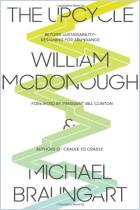
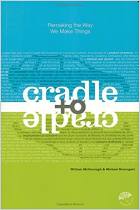
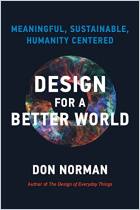
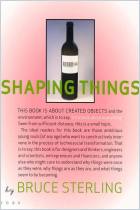
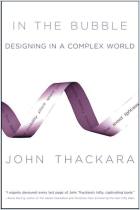
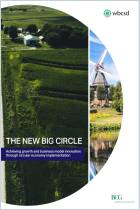




Comment on this summary